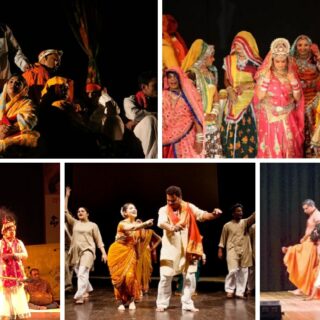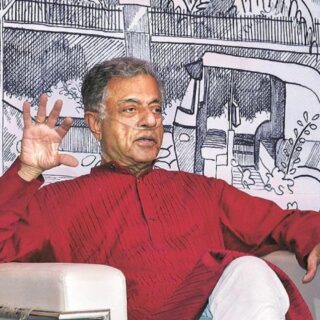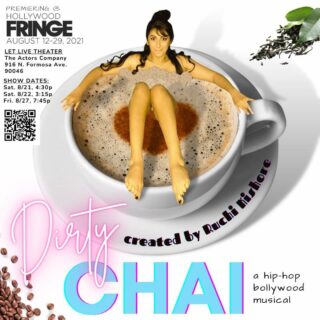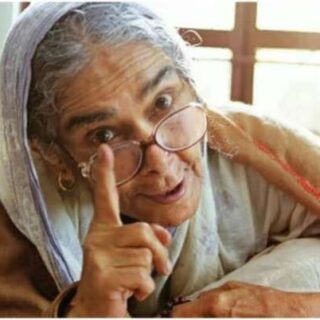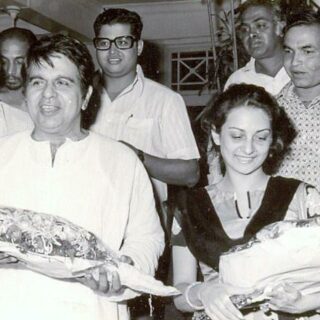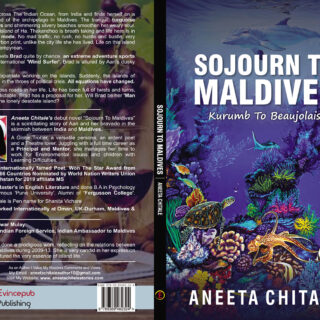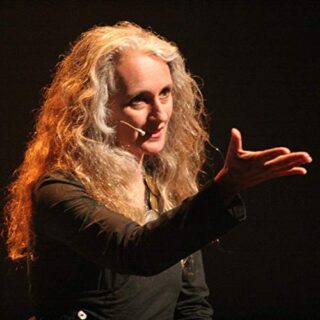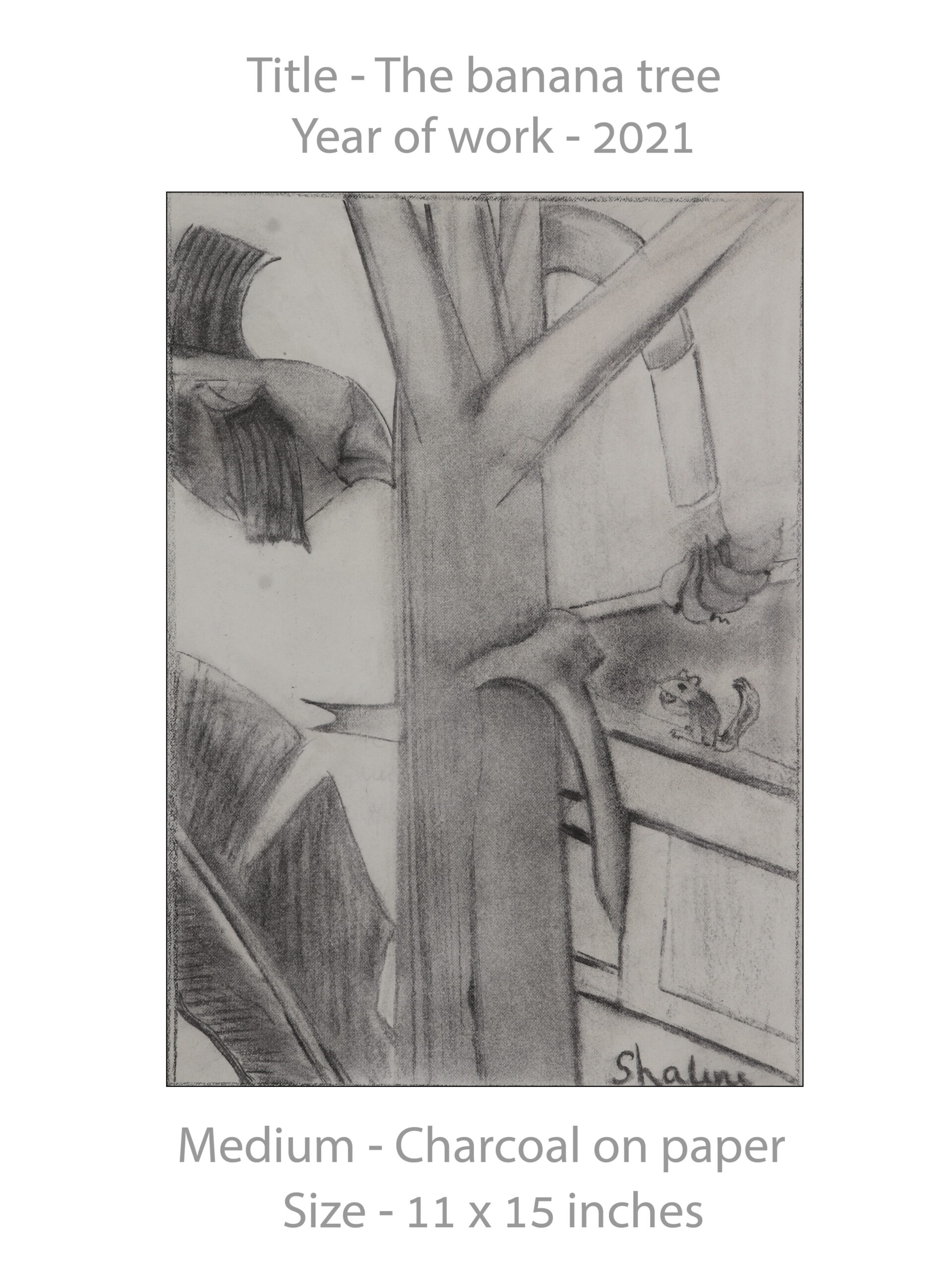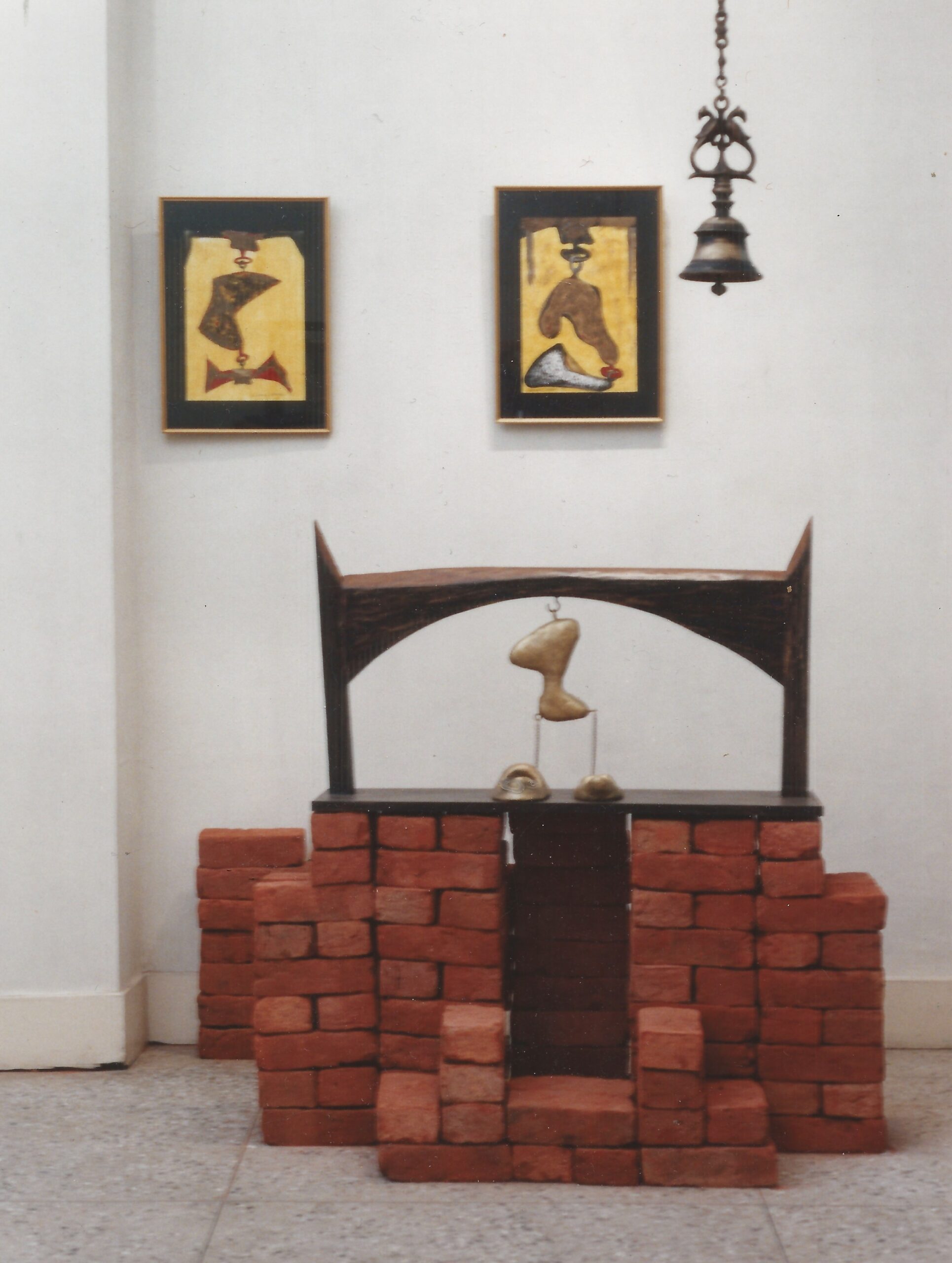19th NATSAMRAT NATYA UTSAV and 14th NATSAMRAT THEATRE AWARD opens 11th March
Natsamrat has been at the forefront of Capital’s amateur theatre movement for the last 24 years,
presenting entertaining and socially conscious theatre, participating in the prestigious theatre
festivals and organizing every year theatre festival featuring work of leading theatre directors.
Under the inspiration guidance of its founding director Shyam Kumar, a seasoned director and
actor, Natsamrat has instituted awards which are given away every year to theatre practitioners –
directot, actor (male and female), playwright, backstage performer, critic, lifetime achievement,
theatre promoter – of eminence.



